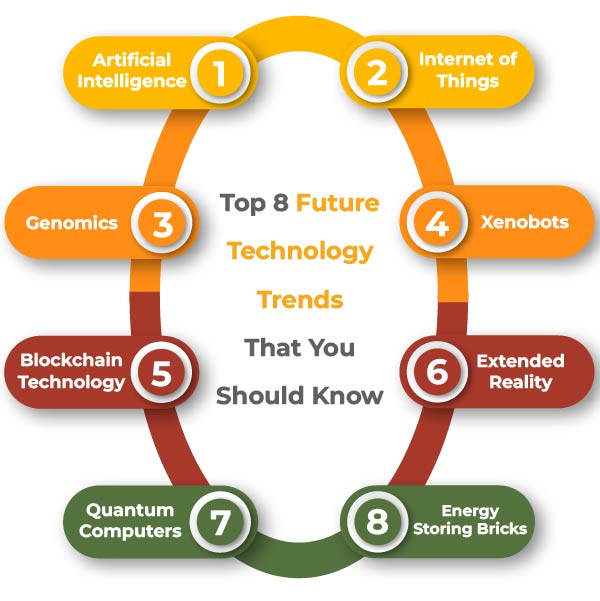
As we move further into the 21st century, technology continues to evolve at a breathtaking pace. Here are five emerging technologies that are poised to have a significant impact on various sectors, transforming how we live, work, and interact.
1. Artificial Intelligence and Machine Learning
Artificial Intelligence (AI) and Machine Learning (ML) are already reshaping industries, but their potential is just beginning to be realized. Future advancements will enhance AI’s ability to understand natural language, recognize patterns, and make predictions, leading to smarter applications in healthcare, finance, and customer service. As AI systems become more sophisticated, they will enable automation of complex tasks, improve decision-making processes, and create personalized experiences for users.
2. Quantum Computing
Quantum computing represents a revolutionary leap in processing power, utilizing the principles of quantum mechanics. Unlike classical computers that use bits as the smallest unit of data, quantum computers use qubits, which can represent and store information in multiple states simultaneously. This technology has the potential to solve problems that are currently intractable for classical computers, such as drug discovery, cryptography, and complex system modeling. As quantum computers become more accessible, we can expect breakthroughs in various fields, from pharmaceuticals to finance.
3. 5G and Next-Generation Connectivity
The rollout of 5G networks is set to revolutionize how we connect to the internet. With dramatically increased speeds, lower latency, and greater capacity, 5G will enable a new wave of applications, including the Internet of Things (IoT), augmented reality (AR), and virtual reality (VR). This connectivity will facilitate smart cities, enhanced remote work capabilities, and advanced telemedicine solutions, transforming industries and everyday life.
4. Biotechnology and Genetic Engineering
Biotechnology is making significant strides, particularly in genetic engineering and synthetic biology. Technologies such as CRISPR allow for precise editing of genetic material, opening doors to revolutionary treatments for diseases, enhanced agricultural practices, and sustainable production of materials. As ethical considerations are addressed, we can expect to see advancements in personalized medicine, regenerative therapies, and bioengineering that could profoundly improve health outcomes and food security.
5. Augmented Reality (AR) and Virtual Reality (VR)
AR and VR technologies are on the cusp of becoming mainstream, with applications extending beyond gaming into fields like education, training, and remote work. AR overlays digital information onto the real world, enhancing how we interact with our environment, while VR immerses users in entirely virtual environments. Future developments in these technologies will lead to more realistic simulations, improved remote collaboration, and innovative ways to experience entertainment and education.
Conclusion
These five technologies—AI and ML, quantum computing, 5G connectivity, biotechnology, and AR/VR—represent just a glimpse into the future of innovation. As they continue to develop, they will create new opportunities and challenges, shaping the way we live and work. Staying informed about these trends will be crucial for individuals and businesses looking to thrive in an increasingly tech-driven world.
